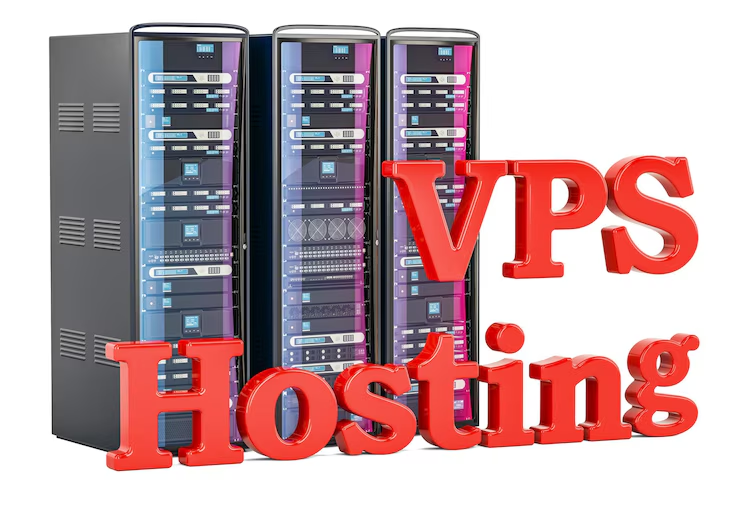Unlocking the Power of Virtualization & Anonymous Offshore Hosting

- November 6, 2023
- 0 Comments
Introduction
In today’s digital age, technology continues to evolve at an astonishing pace, leading to a growing reliance on virtualization software. Virtualization is a powerful concept that has revolutionized the way we manage and deploy computing resources. In this blog, we’ll delve into the world of virtualization software, explore the two main types of virtualization, and discuss the intriguing concept of anonymous offshore hosting.
I. Virtualization Software: Unlocking the Potential
Virtualization software is the cornerstone of modern computing infrastructure. It allows you to create and manage multiple virtual environments on a single physical server or computer. This technology offers numerous benefits, including enhanced resource utilization, flexibility, and cost savings. Let’s take a closer look at virtualization and its two main types:
- Type 1 Hypervisor (Bare-Metal Virtualization)
Type 1 hypervisors run directly on the host’s hardware to manage virtual machines. They provide the highest level of performance and are ideal for enterprise environments. Popular examples of Type 1 hypervisors include VMware vSphere/ESXi and Microsoft Hyper-V.
Benefits of Type 1 Hypervisors:
- Superior performance and resource allocation
- High security and isolation
- Efficient use of hardware resources
- Type 2 Hypervisor (Hosted Virtualization)
Type 2 hypervisors run on top of an existing operating system. They are typically used for development, testing, or personal use. Examples of Type 2 hypervisors include Oracle VirtualBox and VMware Workstation.
Benefits of Type 2 Hypervisors:
- Ease of use and setup
- Suitable for non-production environments
- Great for developers and testers
II. Exploring the World of Anonymous Offshore Hosting
Anonymous offshore hosting is a fascinating concept that has gained popularity in recent years. It involves hosting websites or digital services in data centers located in countries with strict privacy laws and regulations. This type of hosting provides individuals and organizations with a higher level of anonymity and data protection. Here are some key aspects to consider:
- Privacy and Anonymity
Offshore hosting offers enhanced privacy as it’s governed by the legal and regulatory framework of the hosting country. Many offshore hosting providers prioritize the protection of their clients’ data, making it difficult for authorities or malicious entities to access or monitor the hosted content.
- Data Protection
Offshore hosting often comes with strong data protection laws, ensuring that your data is safe from unwarranted surveillance and data breaches. This is especially important for individuals and organizations that handle sensitive information.
- Freedom of Speech
For websites or content that may be subject to censorship or strict regulations in their home country, offshore hosting provides a platform for maintaining freedom of speech and unrestricted content dissemination.
Conclusion
The world of virtualization software is vast and transformative, offering numerous benefits to both businesses and individuals. By understanding the two main types of virtualization, you can harness the power of this technology to optimize your computing resources.
Furthermore, the concept of anonymous offshore hosting adds an exciting dimension to the digital landscape. It provides a means to safeguard privacy, protect sensitive data, and maintain freedom of speech. When considering offshore hosting, it’s crucial to choose a reputable provider that aligns with your specific needs and legal requirements.
As technology continues to advance, virtualization and offshore hosting will remain vital tools in the pursuit of a secure, private, and efficient digital presence. Stay informed and take advantage of these innovations to navigate the ever-changing digital landscape effectively.




